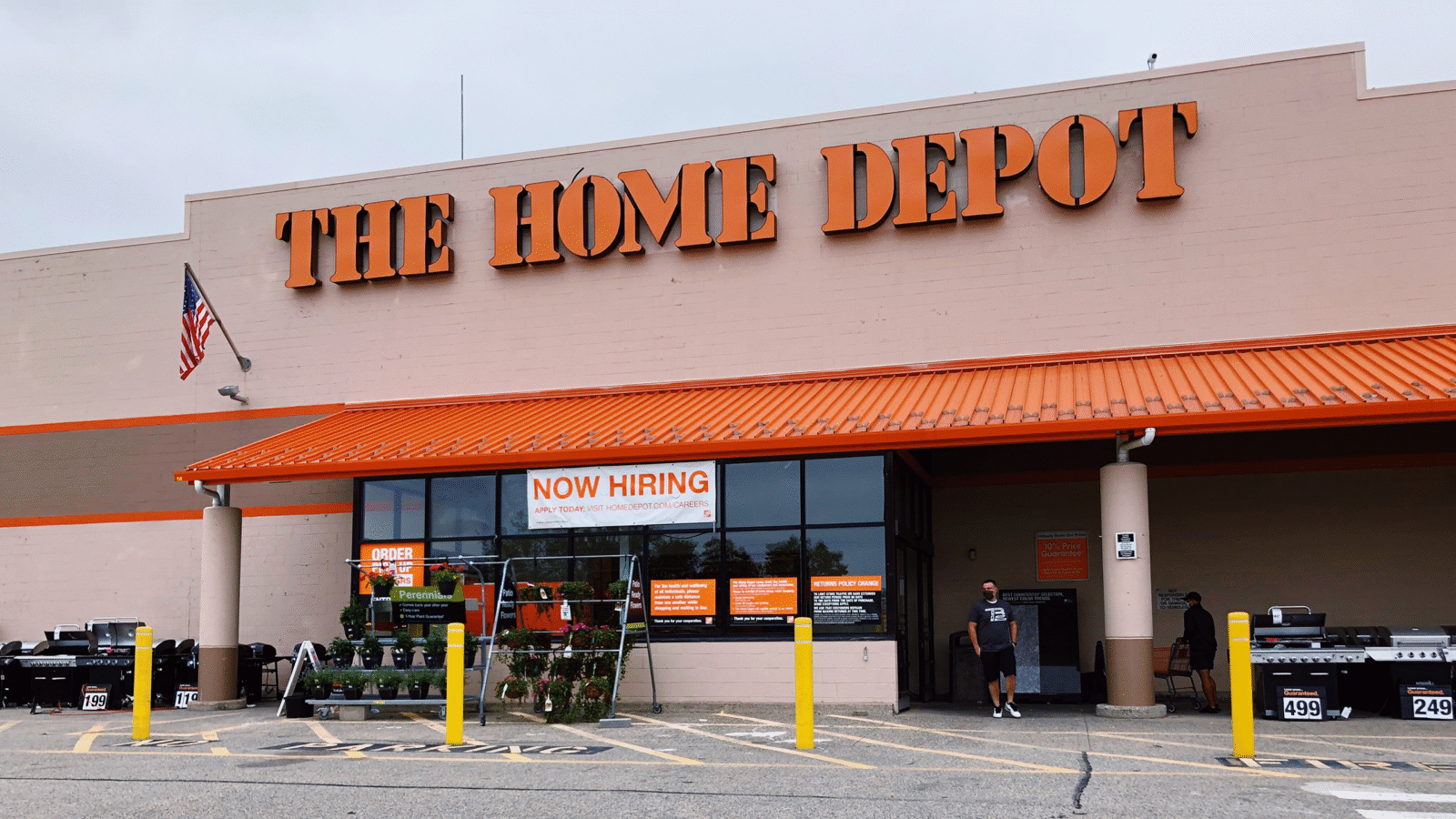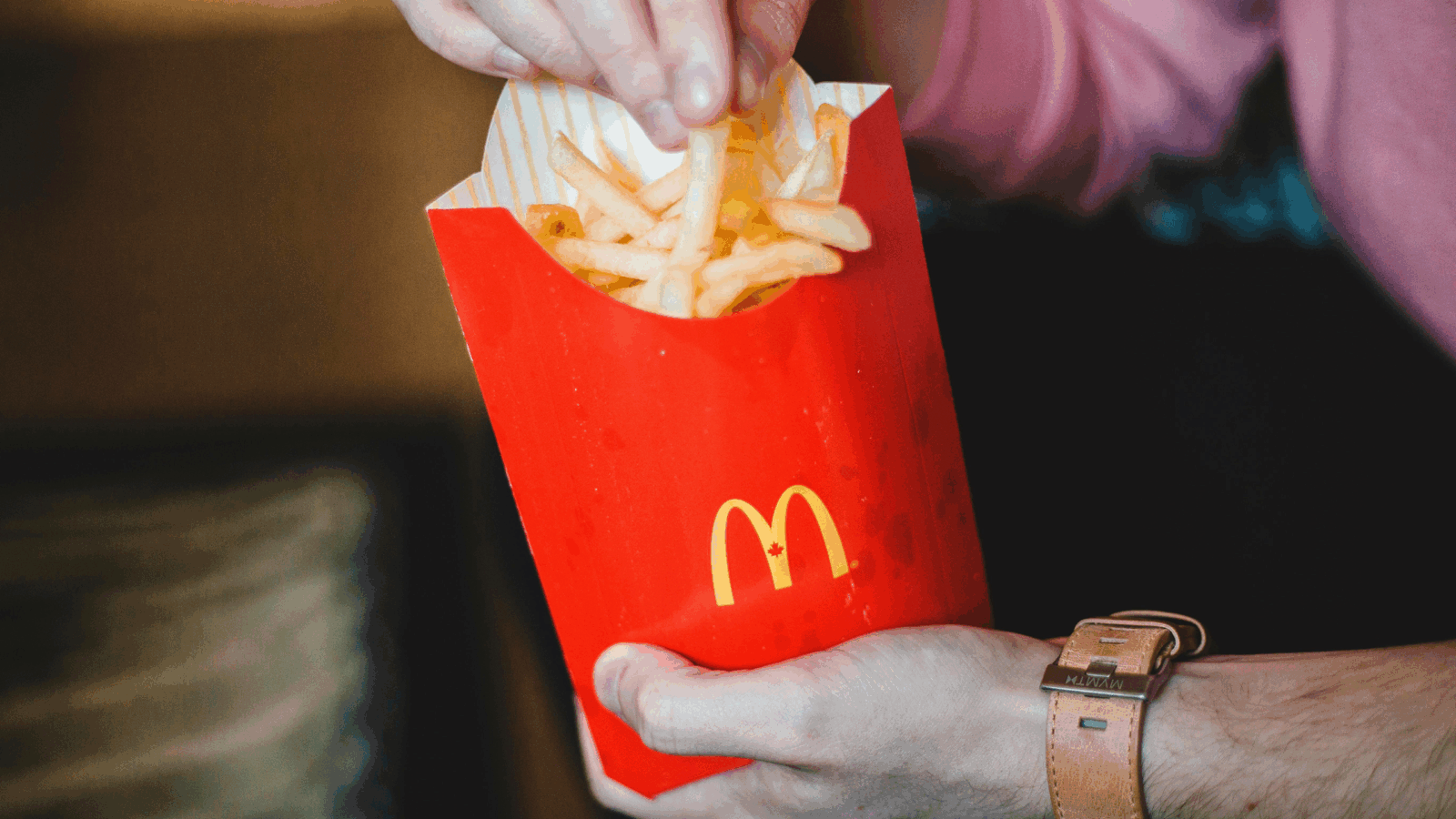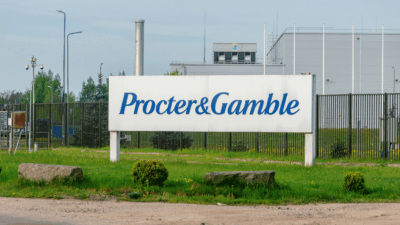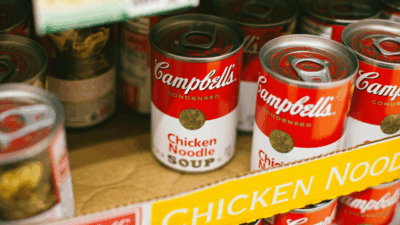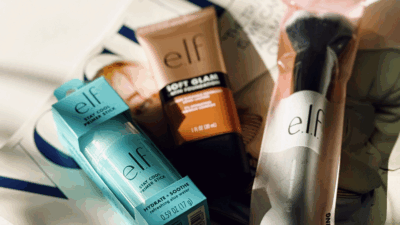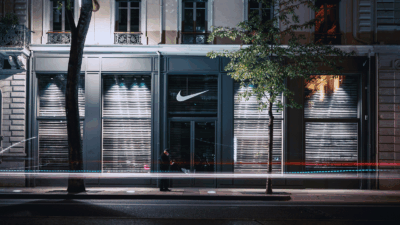
Sign up for smart news, insights, and analysis on the biggest financial stories of the day.
Rewards programs are less rewarding.
A swath of companies, from airlines to retailers, are paring down their perks in an effort to cut costs and revive consumer spending. The struggle is finding balance: Customers love free stuff, but give away too much, and investors rue the costs. Take away too much, though, and you alienate consumers.
Buying More, Getting Less
Retailers have started shrinking rewards as the pandemic’s buying bonanza tapered off. While inflation has begun to cool, rising prices followed years of people habitually looking to stretch their cash. As a result, a number of companies are capping rewards or forcing members to spend more to earn them, per a recent CNBC report. Frequent-flier perks are harder to earn at airlines, in part a reaction to customers essentially flying free after racking up points on credit cards during the pandemic. No more free birthday drinks at Dunkin’ Donuts, either.
Most businesses now have some kind of rewards gambit, either in-store or online. And most Americans — about 66% — belong to at least one loyalty program, according to market research firm Civic Science. Rewards schemes are more likely to appeal to younger demographics: 28% of Gen Z adults enrolled in them say they’re “very important” factors in choosing where to buy, compared to only 13% of Baby Boomers. And some rewards continue to deliver amid slumping spending:
- While many retailers including Amazon, Nordstrom Rack or Urban Outfitters are charging more to deliver or return packages, others including Target, Walmart, and Best Buy are offering loyalty programs that skirt those fees, but often at exorbitant prices (at Best Buy it’ll cost you $180 per year).
- US retail sales rose in June for the third straight month, according to the Commerce Department, but the pace slowed from the previous month. Higher interest rates may be contributing to a slowing job market, which tends to make consumers less inclined to spend.
Retail’s Poly-curious: Some retailers have banded together to let buyers play the field. These “poly-reward” or “coalition” programs give discounts or perks at a network of partnered stores. They’re a hit outside the US and tend to pay off, as consumers spend more. But it’s hard to imagine cutthroat US retailers playing a team sport.
